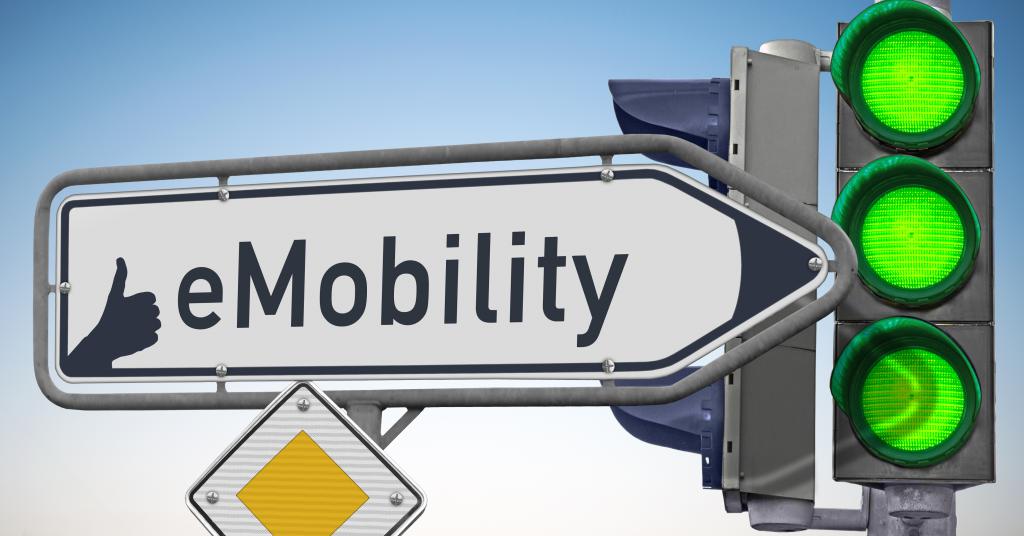EURELECTRIC with support of Polish Electricity Committee organized in Brussels conference dedicated to mobility package and future of transport electrification. All this at the crucial moment of negotiations between the European Parliament and the EU Council. Last week, MEPs voted to tighten CO2 emission standards for new cars and vans. MEPs decided that emissions should be cut by 40% by 2030. Today EU ministers will adopt a common position on emissions standards.
Experts gathered at the conference "Charge it: e-mobility now!" argued unanimously that plans for electrification of transport are a way of effective transformation and an opportunity to modernize energy infrastructure. They stressed that it is also an opportunity to create new jobs and stimulate economic development. Pascal Smet, minister for electromobility in the Brussels regional government, announced that by 2030 100% buses in the capital of Belgium will be electric. Poland currently ranks third in the European Union in terms of the use of such vehicles.
Håkan Agneval, CEO of Volvo Bus admitted that currently electric buses are twice as expensive as diesel ones, but when we take into account social costs related to air pollution such investments will be looked at differently. The Polish electric sector assumes that the average emissions of the EU fleet of new passenger cars and new light commercial vehicles in 2030 will have to be at least 30% lower than in 2021.
Polish Electricity Committee welcomes plans for electrification of transport. PKEE strongly believes that the EU will maintain its leading position in the global automotive sector, while at the same time enabling transport to fulfill its fair share of CO2 emission reductions and reducing harmful emissions of nitrogen oxides. It is worth recalling that the transport sector is responsible for 25% of CO2 emissions in the EU.
During the debate, representatives of European energy companies argued that the rapid growth in the number of electric vehicle charging stations requires subsidies from the Member States. Earlier PKEE in its position on electrification of transport emphasized that the promotion of charging and energy storage infrastructure development must be consistent with the current legislation and can not exclude specific market participants, such as DSO.
According to estimates of the Ministry of Energy, the number of electric buses in Poland in the next five years will increase as much as fifteen times. The next years will also see a dynamic increase in the number of private electric cars on our roads and, consequently, also the infrastructure for charging them. According to the government's plans, in three years' time Polish drivers will have over 6 thousand such charging points at their disposal.
Conference "Charge it: e-mobility now!" was another example of PKEE's lasting commitment to the development of electromobility. In June this yearPolish Electricity Committee organized a debate in Brussels with the participation of European Commission Vice President Maros Sefcovic during the PKEE Summer Day.
Link: http://emobility.pkee.pl

